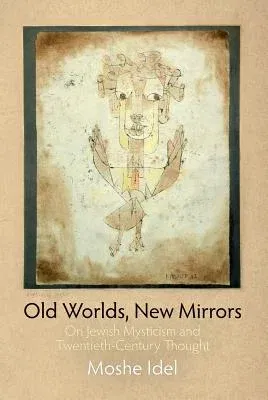Moshe Idel
(Author)Old Worlds, New Mirrors: On Jewish Mysticism and Twentieth-Century ThoughtPaperback, 8 March 2012

Qty
1
Turbo
Ships in 2 - 3 days
In Stock
Free Delivery
Cash on Delivery
15 Days
Free Returns
Secure Checkout

Part of Series
Jewish Culture and Contexts
Print Length
336 pages
Language
English
Publisher
University of Pennsylvania Press
Date Published
8 Mar 2012
ISBN-10
0812222105
ISBN-13
9780812222104
Description
Product Details
Author:
Book Format:
Paperback
Country of Origin:
US
Date Published:
8 March 2012
Dimensions:
22.61 x
15.24 x
2.29 cm
ISBN-10:
0812222105
ISBN-13:
9780812222104
Language:
English
Location:
Philadelphia
Pages:
336
Publisher:
Series:
Weight:
498.95 gm